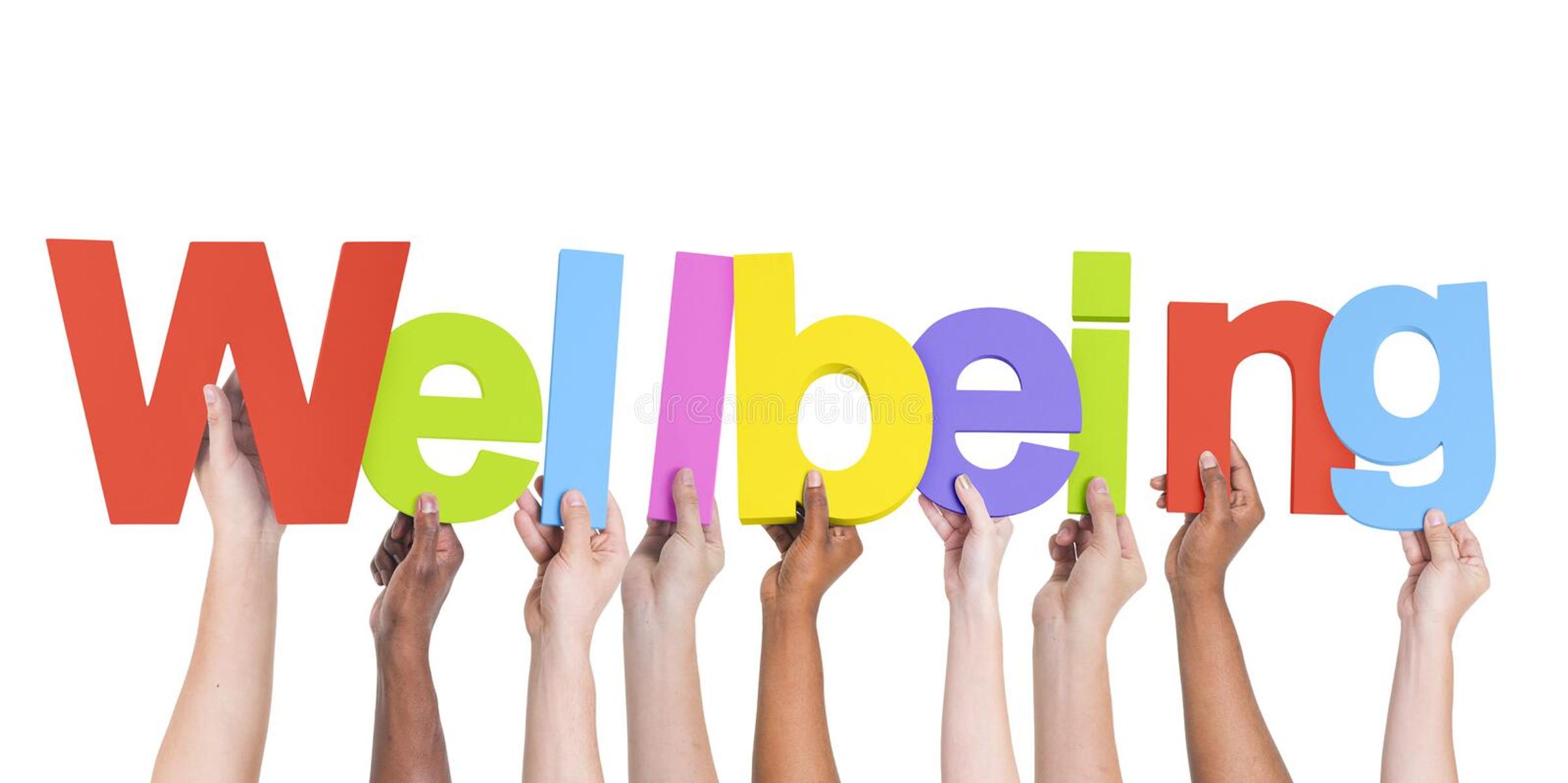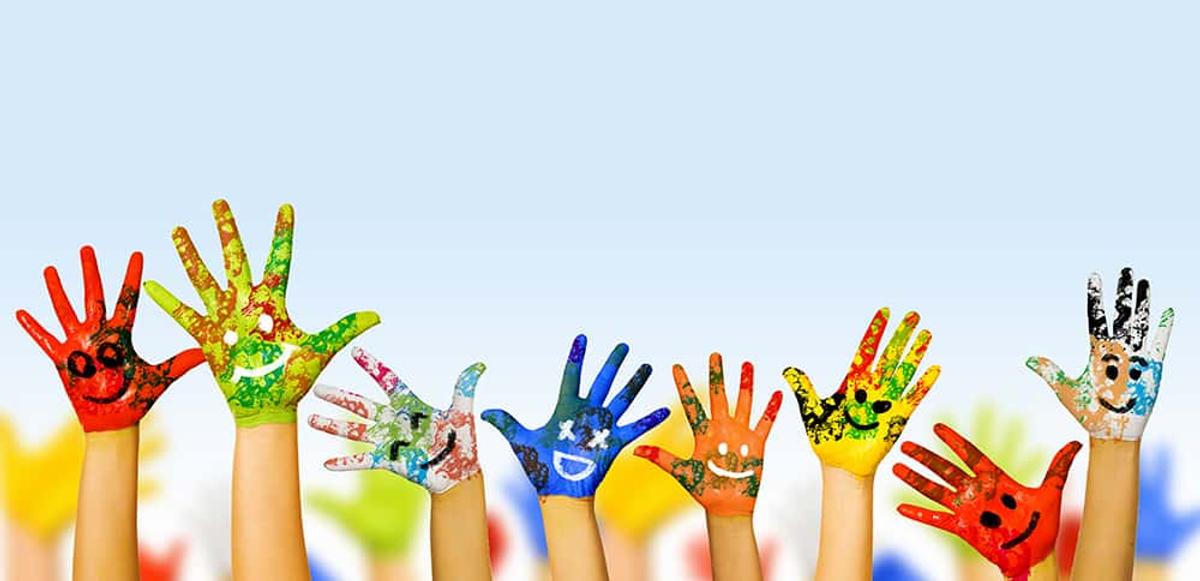...at MPS

WELLBEING SPOTLIGHT
Why do we need to focus on social skills and development?
Whilst we’ve been extremely fortunate this year to be at school, without COVID-19 restrictions hindering our ability to be onsite, it’s important that we recognise that the past two years have presented various challenges for children. One of the clear challenges has been that of socialisation and development of social skills.
With this being said - it’s important for us to remember that even during Home Learning periods, children still socialised; with their families and pets. Children have still had to read cues, play (more creatively than usual, too!) and find new and innovative ways to speak with their friends.
At Murrumbeena P.S., we ensure that all year levels have age-appropriate programs or opportunities for social development. All year levels at M.P.S. teach ‘Resilience, Rights and Respectful Relationships’, a D.E.T. program which promotes wellbeing and, as the name suggests, respectful relationships between children. However, we go further to ensure that all year levels have some kind of initiative or program, based on student development and need, which supports development of their social skills.
In the younger year levels, this may take the form of play-based learning. For instance, in Prep, students arrive at school and engage in “Discovery Time”, which involves child directed, play-based activities that the teachers facilitate, in order to help children settle into the day, but also to promote conversations, social skills and collaboration. If we move up to an older year level, such as Year 5, the students participate in Peer Mediation, a program based around teaching Year 5 students to ‘mediate’ small, social conflicts between other students. This type of program challenges them to consider alternate perspectives and develops their responsibility as growing leaders.
A few other important things for us to remember…
- Children are born social.
Daily contact and interactions with family members, educators and friends teaches children and young people about the social world and the rules, practices and values that support it. Social development is also influenced by wider networks including extended family, as well as participation in the community and culture around them.
Through their relationships and connections with others, children build a sense of who they are and where they fit in the social world. By actively participating in these relationships, children also affect the ways that adults and their peers relate to them.
2. From birth, children delight in positive social interactions with people.
Babies spend almost every waking minute developing their first relationships with primary caregivers and other members of the family. When these first relationships are based on secure attachment, children learn that they can trust others to care for them, get their needs met and enjoy life with others. This is the start of give and take in relationships. Friendships and relationships with other children become more important to children as they grow. Social development strategies in learning communities and the broader community help children learn and enjoy getting along with others.
3. To achieve healthy social development, children and young people need to form social bonds with others who can model and encourage positive social values and behaviours.
To create these bonds, children and young people need:
- opportunities for social interaction
- active participation and meaningful engagement with others including family members, educators and peers
- to learn social skills through guidance and modelling in daily informal interactions and incidental opportunities, as well as planned teaching
- recognition and reinforcement when positive social interaction occurs
- encouragement to engage with peers outside of school hours
- opportunities to communicate with peers in diverse environments, e.g. team sports as well as play dates
- guidance when any social conflicts may arise, as well as space to resolve conflicts independently (ideally).
Opportunities, skill development and recognition need to be appropriately matched to children and young people’s age and stage, as well as individual characteristics.
Children’s understandings and behaviours are closely interwoven with emotions and temperament and the values and attitudes of those around them. Through ongoing interactions with the important people in their lives (such as family members and educators), children refine social skills such as turn-taking, listening, cooperation and respect to help them build positive relationships and friendships.
Prior to the school years, families have the greatest influence on social development. As children and young people grow older, they become increasingly influenced by peer group values and the behaviours of community role models such as sporting heroes or media personalities.
When adults are fair, caring and respectful, children and young people feel a greater sense of trust and belonging. Children and young people are more likely to cooperate with adult guidance when they feel valued and respected. By contrast, when they feel they’ve been treated unfairly, they’re less likely to listen and more likely to avoid or resist discipline.
Caitlin Brennan


